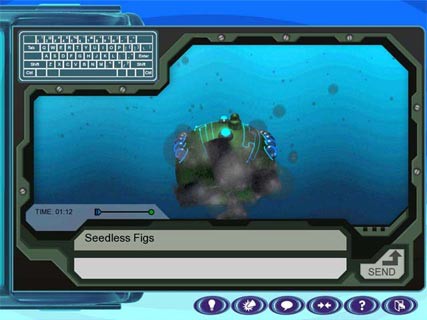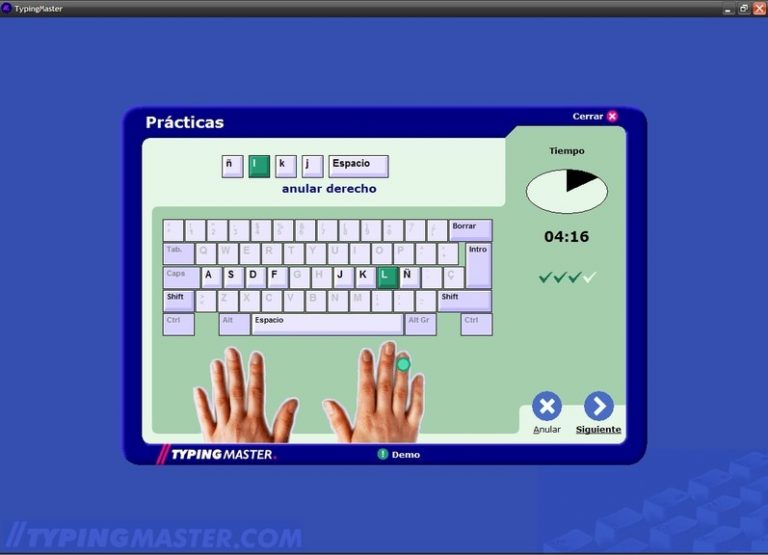

To see if it might work, researchers look for effects of the new treatment on cancer cells that are grown in a lab dish or a test tube. Cell studies: These are often the first tests done on a new treatment.Pre-clinical studies, also called laboratory studies, include: Pre-clinical (or laboratory) studiesĬlinical trials are done only after pre-clinical findings suggest that the new drug or treatment is likely to be safe and will work in people. Results from these phases show if the new drug or treatment is reasonably safe and effective. Is this treatment better than the standard treatment given for this disease? Clinical trials help show if a new drug or treatment, or a new treatment combination, works better than what is now used.Īnswering these questions, while giving as few people as possible an unknown treatment, often requires several clinical trials in different “phases.” Each phase is designed to answer certain questions while keeping the people taking part as safe as possible.But do the benefits of the new treatment outweigh the risks? Is the new treatment safe? No treatment or procedure – even one already in common use – is without risk.Is it better than treatment now being used? If it’s not better, is it as good and cause fewer side effects? Or does it work in some people who aren’t helped by current treatments? Does the new treatment work in people? If it does, doctors will also look at how well it works.Clinical trials are designed to answer some important questions: They are the best way to learn what works in treating diseases like cancer.

Why do we need clinical trials?Ĭlinical trials show us what works (and what doesn’t) in medicine and health care. It can take months, if not years, to see if a cancer treatment does what it is meant to do. Cancer clinical trials can take years to complete. All new treatments must go through clinical trials before being approved by the Food and Drug Administration (FDA). Clinical trials are important in developing new treatments for serious diseases like cancer.

Researchers still use human volunteers to test these methods, and the same rules apply.ĭoctors use clinical trials to learn whether a new drug, treatment, or combination works and is safe to use for people. Some even look at ways to prevent diseases from happening. Many clinical trials look at new ways to detect, diagnose, or measure the extent of disease.
TYPE TO LEARN 4 TRIAL TRIAL
To continue using your existing Arm-based instances as an Always Free user, before your trial ends, ensure that your total use of OCPUs and memory across all the Ampere A1 Compute instances in your tenancy is within the Always Free limit.Clinical trials are studies to test new drugs, already approved drugs, devices, or other forms of treatments.
TYPE TO LEARN 4 TRIAL UPGRADE
However, if you have more Ampere A1 Compute instances provisioned than are available for an Always Free tenancy, all existing Ampere A1 instances are disabled and then deleted after 30 days, unless you upgrade to a paid account. After your Free Trial expires, you'll continue to be able to use and manage your existing Always Free resources, and can create new Always Free resources according to tenancy limits. Resources identified as Always Free will not be reclaimed. (Note that reclaimed resources can’t be recovered-they are permanently deleted.) If you do not upgrade to paid by the end of the grace period, your Free Trial service instances and data will be deleted. Your resources will continue to exist for a few days, allowing you to upgrade your account and keep your resources before they're reclaimed by Oracle. You will no longer be able to create new paid resources, but your account will remain active. When you've reached the end of your 30-day trial or used all your Free Trial credits (whichever comes first), you’ll be notified and will have a grace period of 30 days, starting from the expiration date, to upgrade to paid.


 0 kommentar(er)
0 kommentar(er)
